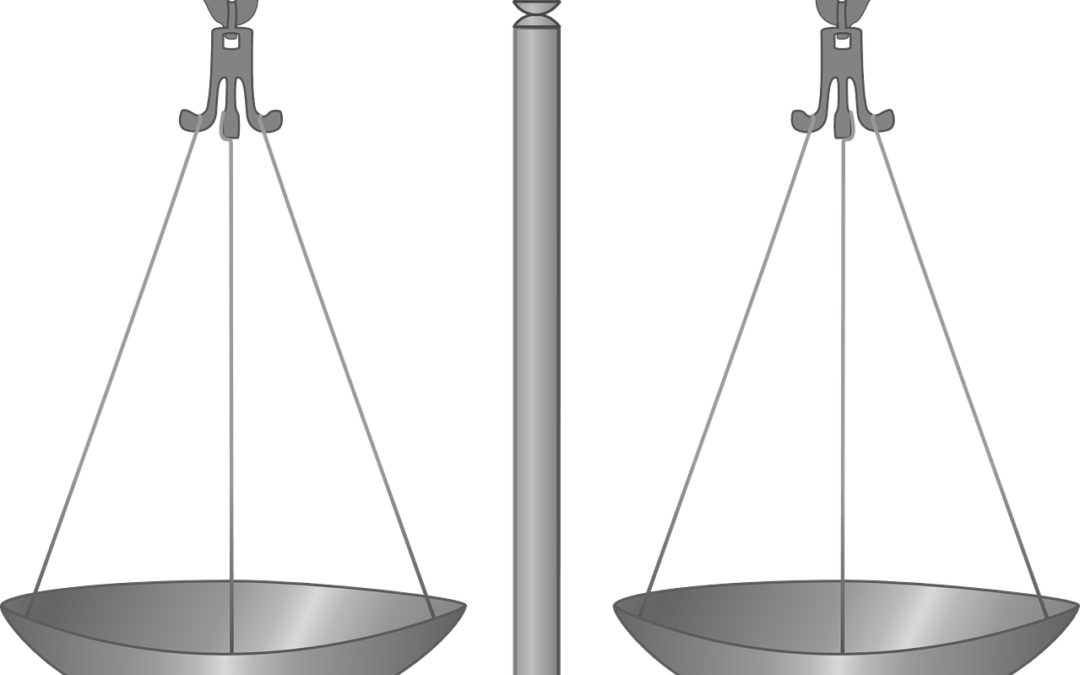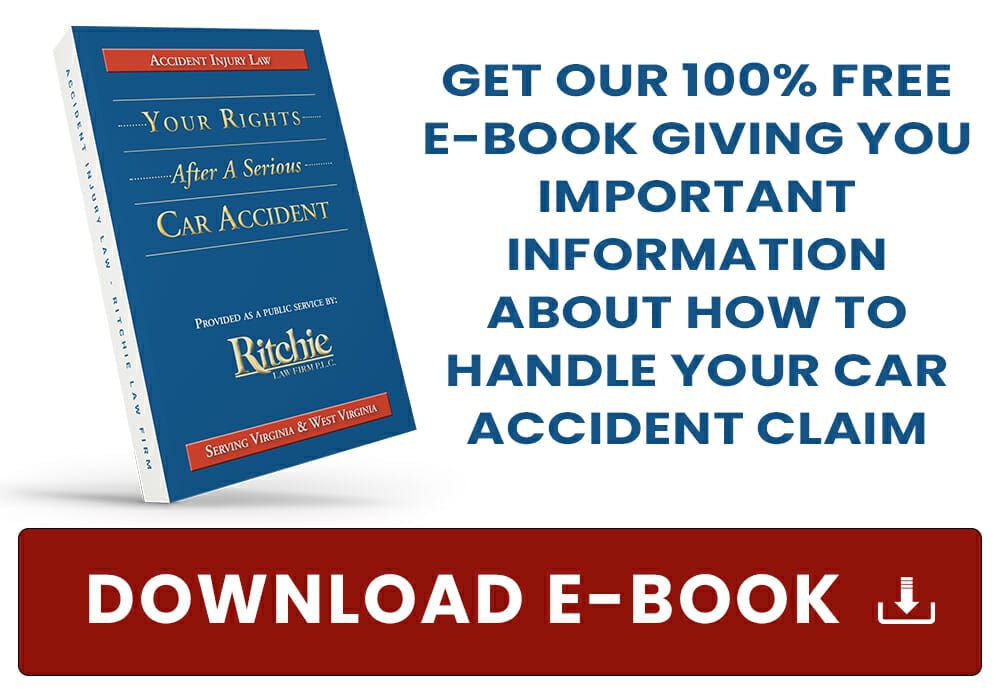Burden of Proof in Personal Injury Cases
Lawyers frequently talk about the burden of proof and what it takes to win a personal injury case. Virginia has a fancy definition for the burden of proof. Lawyers and judges say that carrying the burden of proof means proving a case by the “preponderance of the evidence.” Simply put, the burden of proof means which evidence in the case carried the most weight.
Most Persuasive Evidence
Essentially, the most persuasive evidence is evidence that the judge or jury believes holds the greater weight of the evidence. Many lawyers have analyzed this theory of burden of proof by comparing it to a football game. These lawyers describe burden of proof by saying that they’re not required to drive the football down the field and score a touchdown. Instead, they are only required to get the ball just over the 50-yard line in order to meet the burden of proof.
Carrying the Burden of Proof in a Personal Injury Case
To win a personal injury case, an injured person has to carry the burden of proof on the following issues:
- that the at-fault driver was negligent
- that the at-fault driver’s negligence was the cause of the accident
- that the at-fault driver’s negligence was the cause of the injured person’s injuries
The At-fault Driver’s Negligence
To carry the burden of proof in a personal injury case, the plaintiff has to prove by the greater weight of the evidence that the driver who hit them was negligent in causing the accident. In Virginia, negligence is defined as the failure to use ordinary care. Ordinary care is what a reasonable person would have done under similar circumstances.
The Negligence was the Cause of the Accident
Many people misunderstand this concept. They don’t understand that there can be multiple negligent acts at the time of an accident, but not all of those negligent acts necessarily helped to cause the accident. For example, suppose there is a rear-end collision, and this rear-end collision is caused by the at-fault driver following another vehicle too closely. At the same time that the at-fault driver is following another car too closely, their brakes lights also are not operational. In this situation, the at-fault driver would also be negligent for not properly maintaining his equipment. However, his or her brake lights not working had nothing to do with him rear-ending the other car. It was only the at-fault driver’s negligence in following the car too closely that caused the accident.
The Negligence Must Be the Cause of the Injuries
Although this concept is pretty straightforward, it is often misunderstood. Suppose the person who gets hit suffers a back injury in the accident but then gets appendicitis the day after the accident. Unless a doctor will say that the appendicitis was caused by trauma in the accident, the appendicitis is probably not going to be related to the accident. So, while the negligence of the other driver caused the back injury, it probably wouldn’t be a cause of the appendicitis.
It should be noted, however, that an injured person can receive compensation for an aggravation of pre-existing conditions. The aggravation of the pre-existing condition must have occurred as a result of the auto accident.
Talk with a Car Accident Lawyer
If you’ve been injured by the negligence of a driver who has lost control of his or her vehicle, the Ritchie Law Firm has obtained life-changing settlements for thousands of injured clients. See our Verdicts and Settlements here. The experienced, certified attorneys at the Ritchie Law Firm have helped thousands of injured victims and their families recover the compensation they deserve after an accident. Contact us by phone at 800-277-6124 or by using our online contact form.
Ritchie Law Firm is a personal injury law firm devoted to helping individuals who have suffered serious and catastrophic injuries or lost a loved one as a result of someone else’s negligence. Ritchie Law Firm serves all of Virginia while helping clients in cities and surrounding areas of Harrisonburg, Charlottesville, Staunton, and Winchester also serves clients in West Virginia, including Martinsburg, WV.


